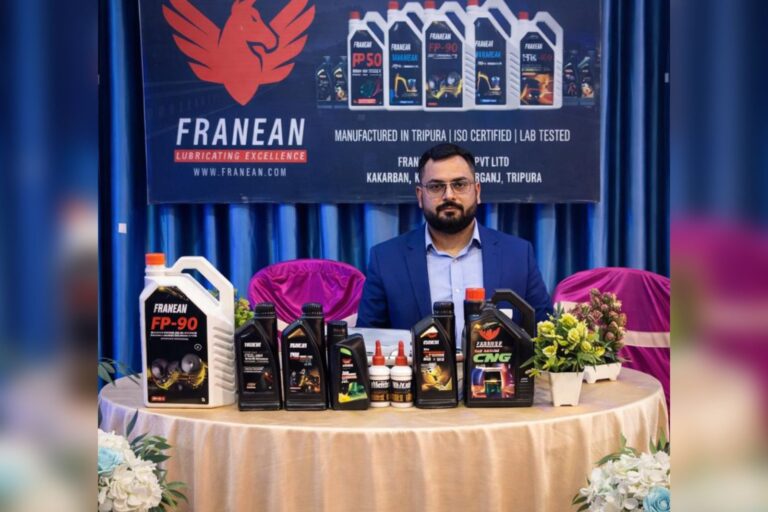
Providing a significant relief to the Indian students protesting in Canada, the deportation proceedings against Lovepreet Singh, which sparked the agitation, have been temporarily postponed. The protests initially erupted in Toronto on June 5 following the initiation of removal proceedings by Canadian authorities against Lovepreet Singh, a native of Chatmala village in Punjab’s SAS Nagar.
Lovepreet Singh had been instructed by the Canadian Border Services Agency (CBSA) to leave the country by June 13 after it was discovered that the offer letter he had relied upon to enter Canada on a study permit six years ago was fraudulent. Singh was among the approximately 700 students who had received deportation notices from Canadian authorities due to fraudulent documents.
Vikramjit Singh Sahney, an Aam Aadmi Party MP and the International President of the World Punjabi Organization announced on Friday that the Canadian government had decided to suspend the deportation of the 700 Indian students. Sahney stated that the Canadian government made this decision in response to his request and with the cooperation of the Indian High Commission.
“We have written to them and explained that these students have not engaged in any forgery or fraud. They are victims of fraud committed by unauthorized agents who provided them with fake admission letters and payment receipts. Visas were also obtained without proper verification. The students were allowed to enter by the immigration department when they arrived,” said Vikram Sahney.
Approximately 700 students, primarily from Punjab, were facing deportation from Canada due to fraudulent documents. They had all fallen victim to Brijesh Mishra, a consultant based in Jalandhar, who sent them to Canada using counterfeit offer letters from prominent colleges and universities.
These students were granted study permits because the embassy officials failed to detect the forgery. It was only when they arrived at their respective colleges and universities that they discovered they had not been enrolled. Mishra made various excuses and convinced them to either enrol in other colleges or wait for a semester.
It was only when these students, who had arrived in Canada in 2016, applied for permanent residency that they discovered the falsity of their documents. The CBSA conducted an extensive investigation and identified Mishra’s firm, Education and Migration Services, as the source of the fraudulent documents. Consequently, all students who had utilised Mishra’s services between 2016 and 2020 received deportation notices.








